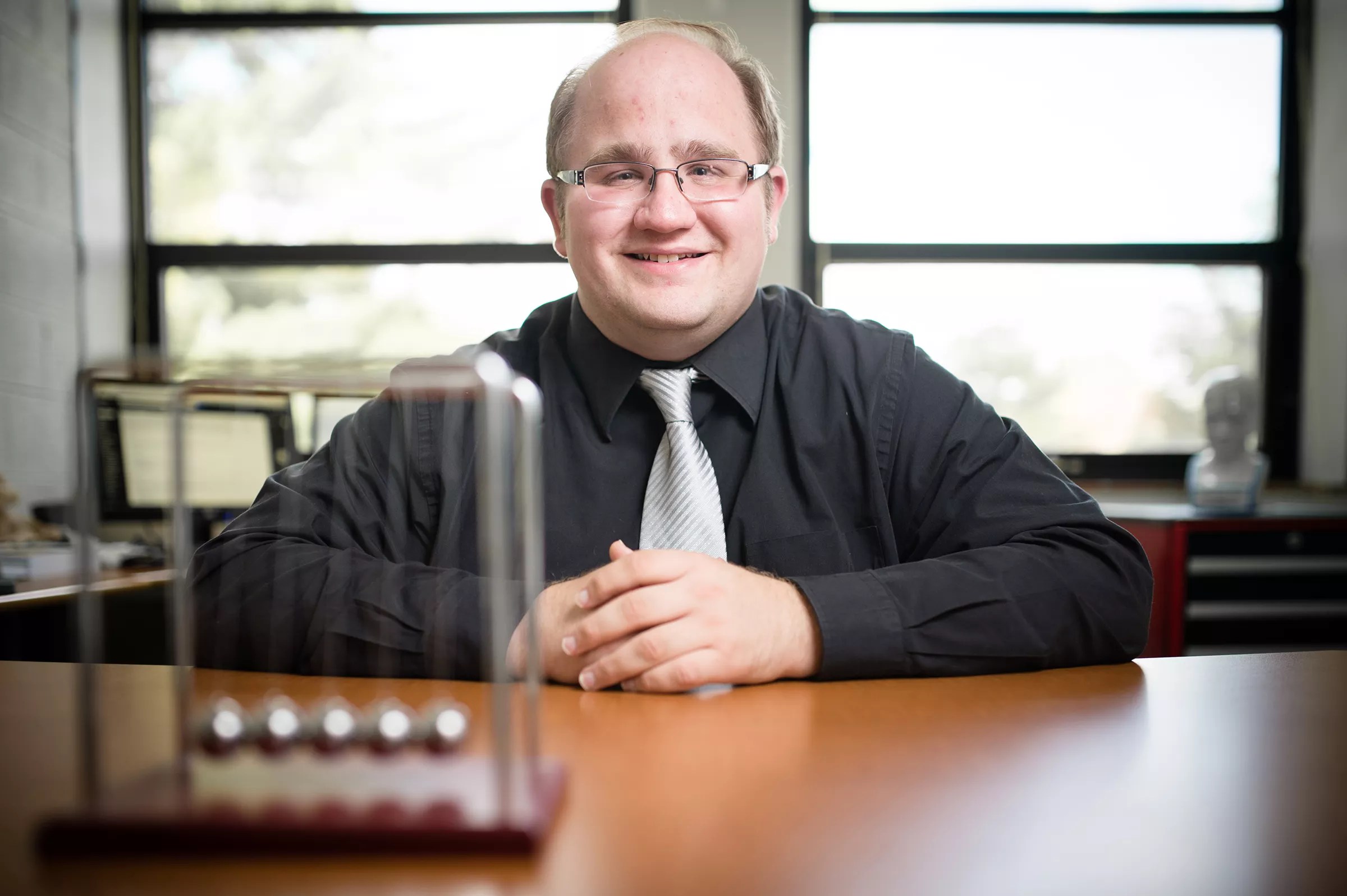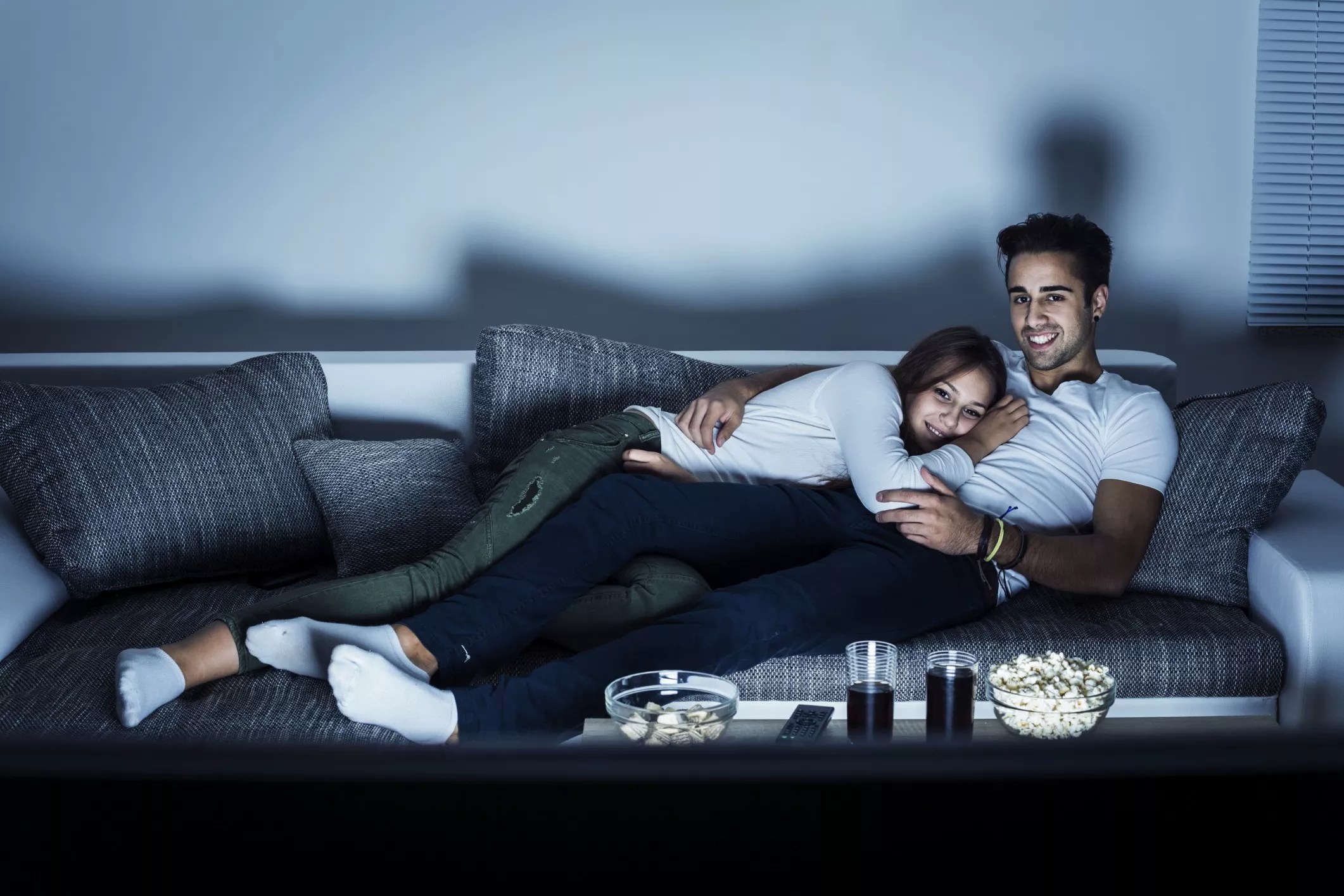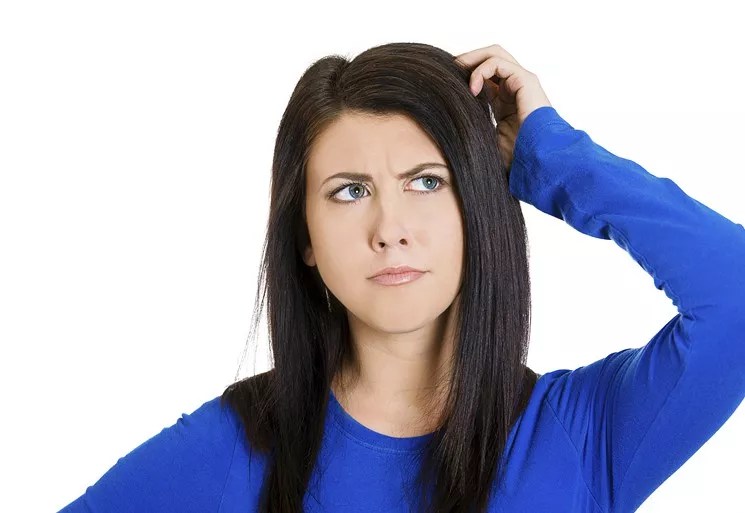
Thinkstock file photo

Audio By Carbonatix
In the period leading up to Valentine’s Day, the Internet spits out list after list about the most romantic places across the country. But “Is Virginia for Lovers? Geographic Variation in Adult Attachment Orientation” stands out from the pack. Published by the Journal of Research in Personality, the study is a broad, deep and rigorous examination of relationships that’s based on responses from more than 125,000 people, and its authors, Bill Chopik and Matt Motyl, are both notable academics; Chopik is an associate professor of psychology at Michigan State University, while Motyl is in the psychology department at the University of Illinois, Chicago.
These factors mean that the study should be taken more seriously than, for instance, listicals based on Facebook key words or the number of restaurants in certain neighborhoods. And unfortunately, the research showed that Colorado is one of the ten worst states in the country when it comes to romance.
“Surprisingly, you guys fall toward the bottom of the list,” Chopik says.
According to Chopik, the study zeroed in on two major characteristics that can negatively impact relationships: attachment anxiety and attachment avoidance.
“Anxious people can be low in emotional stability,” he explains. “Think of a Woody Allen type who’s always airing his insecurities about the latest person he’s dating, but who’s also anxious in respect to relationships.” As for avoidance, he says such folks “often don’t feel comfortable expressing emotion.”
Over the years, these qualities have been associated with specific regions across the U.S.

Bill Chopik.
“We think about California as a blissful paradise where love blossoms and grows, while New York is the center of anxiety and uncertainty and insecurity,” Chopik notes. “We also think about the Midwest as a little more conventional. And there have been a bunch of studies showing people in the mountainous regions have historically been explorers and risk-takers, really independent and self-sufficient. We thought that if they were focused on exploration and achievement, they might be less focused on relationships.”
To find out if these perceptions matched up with reality, Chopik and Motyl created questionnaires designed to tickle out evidence of anxiety and avoidance.
“If someone would respond to a question like, ‘I worry that my partner doesn’t really love me,’ that tells you they have a sense of anxiety,” Chopik says. “We found that people with super-anxious states had a slightly higher marriage rate” – presumably because they were afraid that if they left their current relationship, they would have trouble finding a new partner. “And people who displayed avoidance were more likely to have a discomfort with intimacy and closeness. They would respond to an item like, ‘I don’t feel comfortable opening up to people.’ We found they were less likely to have children, more likely to live alone, less likely to volunteer their time.”
The huge number of survey responses included individuals in all fifty states – enough of them that Chopik and Motyl were able to create scores for each state in their two main categories. Here they are, with the states ranked with the lowest combined levels of anxiety and avoidance to those at the top of that scale. And yes, Colorado’s poor performance puts it on page two of this post.

Thinkstock file photo
1. Mississippi
Anxiety: 3.06
Avoidance: 2.78
2. Utah
Anxiety: 3.16
Avoidance: 2.77
3. Wisconsin
Anxiety: 3.19
Avoidance: 2.76
4. Vermont
Anxiety: 3.13
Avoidance: 2.77
5. Alaska
Anxiety: 3.13
Avoidance: 2.85
6. North Carolina
Anxiety: 3.25
Avoidance: 2.84

Thinkstock file photo
7. Delaware
Anxiety: 3.26
Avoidance: 2.81
8. Minnesota
Anxiety: 3.23
Avoidance: 2.85
9. Oregon
Anxiety: 3.23
Avoidance: 2.85
10. California
Anxiety: 3.28
Avoidance: 2.84
11. Maine
Anxiety: 3.26
Avoidance: 2.86
12. Washington
Anxiety: 3.25
Avoidance: 2.87
13. Pennsylvania
Anxiety: 3.29
Avoidance: 2.83

Thinkstock file photo
14. Arizona
Anxiety: 3.23
Avoidance: 2.88
15. Oklahoma
Anxiety: 3.27
Avoidance: 2.87
16. Idaho
Anxiety: 3.26
Avoidance: 2.88
17. Florida
Anxiety: 3.31
Avoidance: 2.85
18. Montana
Anxiety: 3.27
Avoidance: 2.88
19. Hawaii
Anxiety: 3.33
Avoidance: 2.77
20. Louisiana
Anxiety: 3.2
Avoidance: 2.91

Thinkstock file photo
21. Virginia
Anxiety: 3.28
Avoidance: 2.88
22. Massachusetts
Anxiety: 3.3
Avoidance: 2.87
23. Illinois
Anxiety: 3.31
Avoidance: 2.87
24. Iowa
Anxiety: 3.3
Avoidance: 2.87
25. New Hampshire
Anxiety: 3.31
Avoidance: 2.87
Continue for the rest of the list and more of our interview with study co-author Bill Chopik about the most romantic states and Colorado’s poor finish.

Thinkstock file photo
26. New Jersey
Anxiety: 3.32
Avoidance: 2.86
27. Tennessee
Anxiety: 3.27
Avoidance: 2.92
28. New Mexico
Anxiety: 3.27
Avoidance: 2.93
29. Alabama
Anxiety: 3.31
Avoidance: 2.89
30. Arkansas
Anxiety: 3.29
Avoidance: 2.92

Thinkstock file photo
31. West Virginia
Anxiety: 3.42
Avoidance: 2.85
32. Georgia
Anxiety: 3.31
Avoidance: 2.91
33. Michigan
Anxiety: 3.32
Avoidance: 2.89
34. Nevada
Anxiety: 3.26
Avoidance: 3.01
35. Connecticut
Anxiety: 3.37
Avoidance: 2.88
36. Nebraska
Anxiety: 3.32
Avoidance: 2.91
37. Wyoming
Anxiety: 3.33
Avoidance: 2.89

Thinkstock file photo
38. Maryland
Anxiety: 3.32
Avoidance: 2.91
39. Texas
Anxiety: 3.35
Avoidance: 2.88
40. Missouri
Anxiety: 3.37
Avoidance: 2.88
41. Indiana
Anxiety: 3.31
Avoidance: 2.96
42. New York
Anxiety: 3.39
Avoidance: 2.89
43. Colorado
Anxiety: 3.33
Avoidance: 2.95

Thinkstock file photo
44. South Carolina
Anxiety: 3.32
Avoidance: 2.99
45. Ohio
Anxiety: 3.36
Avoidance: 2.95
46. Rhode Island
Anxiety: 3.35
Avoidance: 2.96
47. South Dakota
Anxiety: 3.33
Avoidance: 2.99
48. Kansas
Anxiety: 3.39
Avoidance: 2.94
49. Kentucky
Anxiety: 3.39
Avoidance: 3
50. North Dakota
Anxiety: 3.44
Avoidance: 3.05

Thinkstock file photo
In general, many of the ideas we have about the personalities of those in certain parts of the country were confirmed by the study, Chopik concedes. States in the Atlantic and Northeast regions tended to be the most anxious, while so-called frontier states had the worst avoidance numbers.
But Colorado’s lousy score – the nation’s eighth lowest – was multi-faceted. The state scored “really high in both anxiety and avoidance,” Chopik reveals. “It was thirteenth highest in anxiety and eighth highest in avoidance.”
That said, Chopik warns about generalizing the results to all Coloradans.
“I’m sure people from Colorado will be offended by this,” he acknowledges. “But even within a state, there’s so much variability. The next step in this research would be to look at things in a more fine-grained way – like how does Denver differ from Colorado Springs or from another city?”
In addition, he goes on, “the study didn’t go into urban-versus-rural. We did control for things like how many men or women there were, the average income, ethnicity, how old people were. But what’s cool about this survey is that it opens up so many more questions.”
Such as: How can Coloradans put their anxiety and avoidance tendencies aside and have a great Valentine’s Day? Click for access to the complete study.